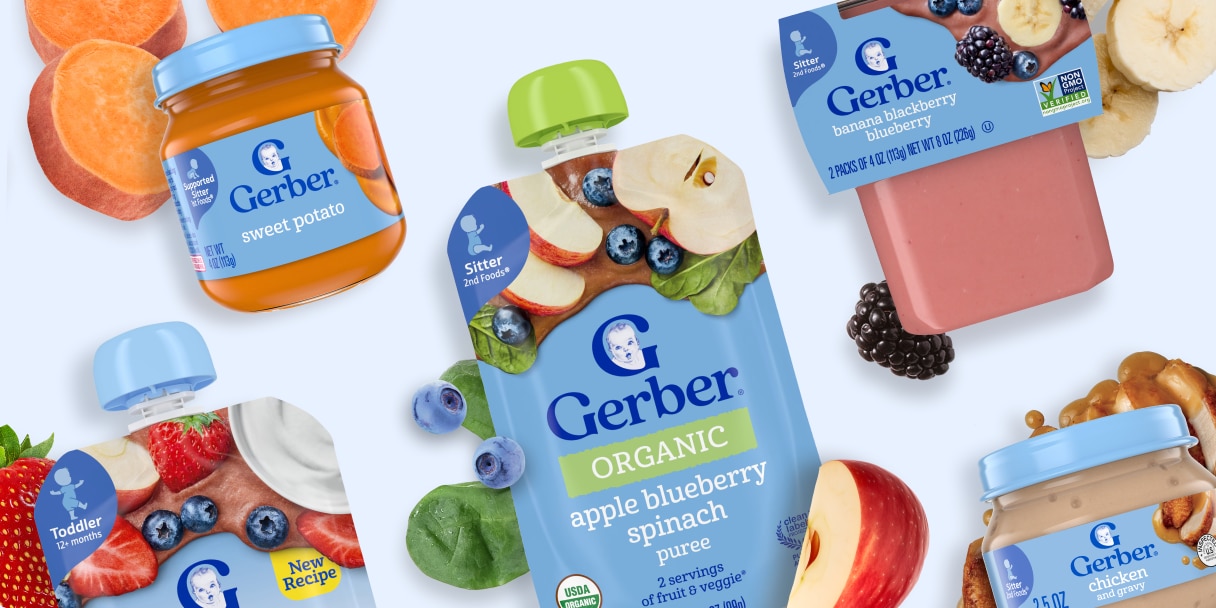We know, as a parent or caregiver, you want to be sure you’re feeding your baby safe, nutritious food. We also understand your concerns about heavy metals in baby food. That’s why we’re committed to helping you navigate this topic—for the peace of mind you deserve when feeding your little one.
Having a “diverse diet” means eating a variety of food groups, which is important for babies and young kids. A diverse diet ensures they get a balanced mix of vitamins and minerals. Different foods contain different nutrients, so by introducing a variety of fruits, vegetables, whole grains, lean proteins, and dairy products, you can help meet your little one’s nutritional needs for growth and development.
Diet diversity also plays a critical role in reducing baby’s exposure to heavy metals. Some foods, like rice and certain fish, may naturally contain small amounts of heavy metals, like arsenic and mercury. When we rely heavily on a single food or food group, such as frequently feeding rice-based meals, baby’s exposure to these heavy metals may increase. A diverse diet can help minimize exposure and better support their overall health and wellbeing.
Aim for a colorful plate, bowl, or highchair tray filled with a variety of food groups. Here are a few ideas:
- Red: raspberries, strawberries, watermelon
- Orange: carrots, pumpkin, sweet potatoes
- Yellow: butternut squash, corn, mango
- Green: green beans, green peas, avocado
- Blue/Purple: blueberries, blackberries, plums
- White: cauliflower, yogurt, fish
- Brown: infant cereals, meats, legumes
Choose foods in the appropriate texture for baby’s development, like pureed, mashed, or soft single-texture finger foods. By offering a range of products, Gerber makes it easy to explore a rainbow of colors for all ages and stages—and your little one’s healthier future.
| Food Groups | Serving Size Examples | Total Daily Goals: |
|---|---|---|
| Milk | ½ - ⅔ cup milk or yogurt 1 slice American cheese |
16 fl. oz. |
| Vegetables | ¼ cup soft, peeled and cooked, mashed or cut to bite-size pieces | ¾ cup |
| Fruits (Limit juice to 4 fl. oz. of 100% juice, only once a day) |
¼ cup soft peeled, mashed or chopped fruit; 4 fl. oz. 100% fruit juice | 1 cup |
| Meat/Beans | 1-3 tablespoons cooked; mashed or easy-to-chew chopped meat, beans or eggs | 1½ oz. |
| Grains (Choose whole grains whenever you can) |
¼ cup cereal, rice or pasta or ½ slice bread, ½ cup hot cereal | 2 oz. equivalent |
| Fats/Oils | ½-1 tablespoon dressing, cooking oil or soft margarine | 2 tablespoons |







